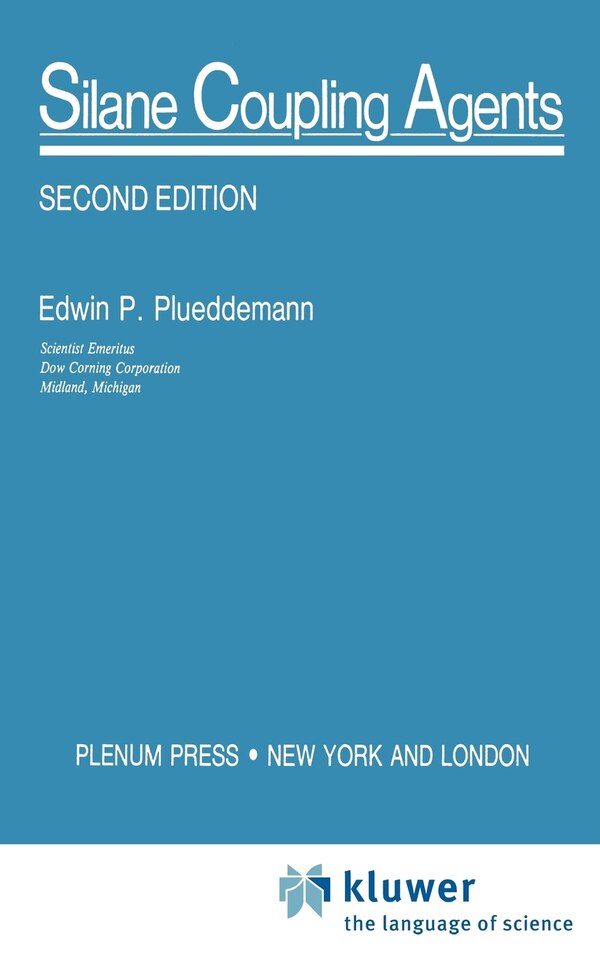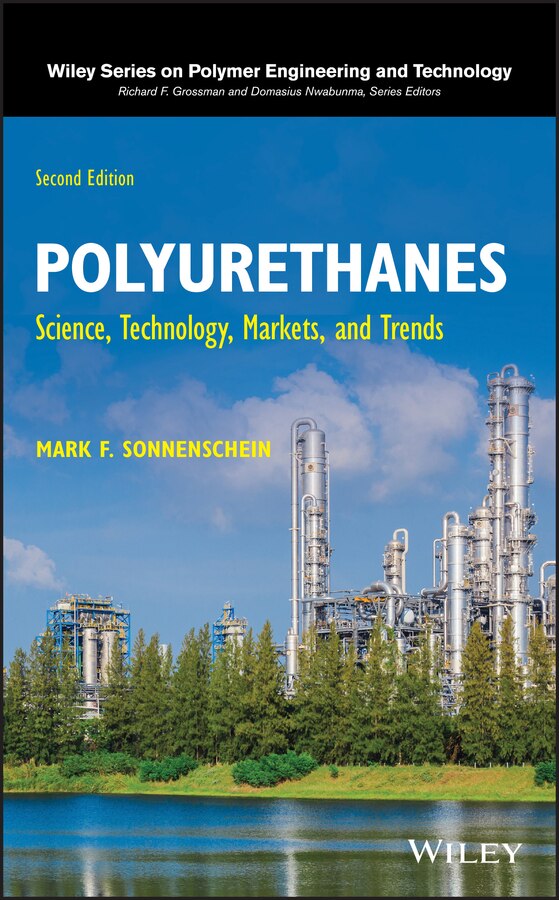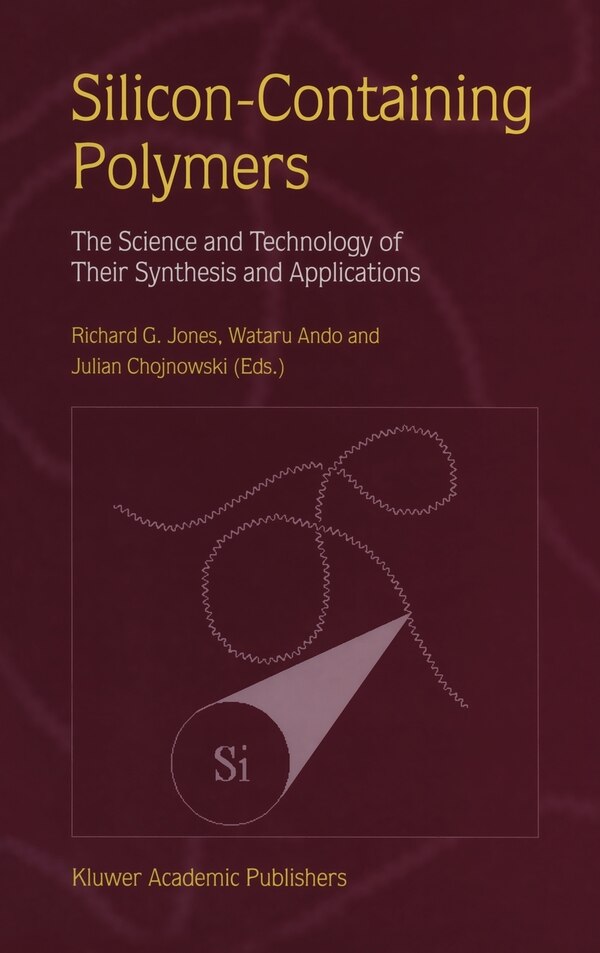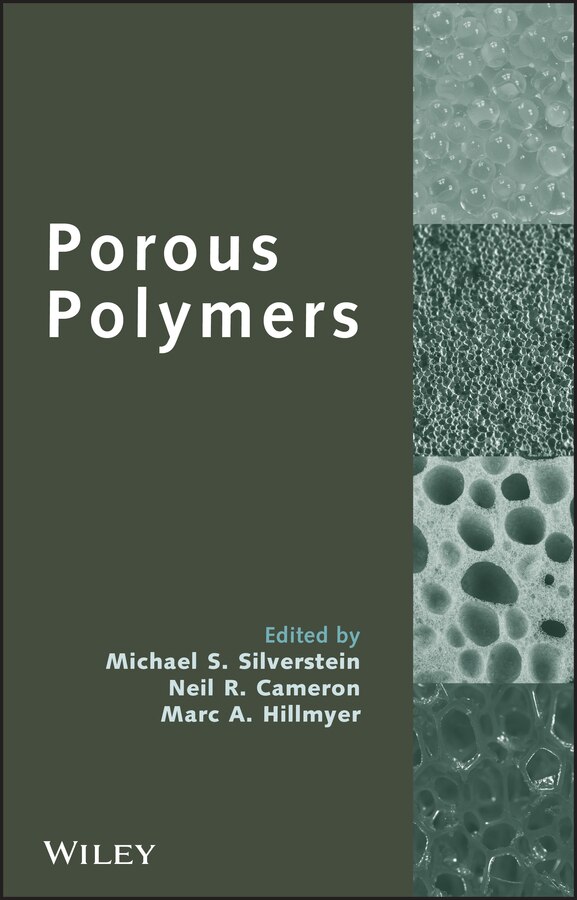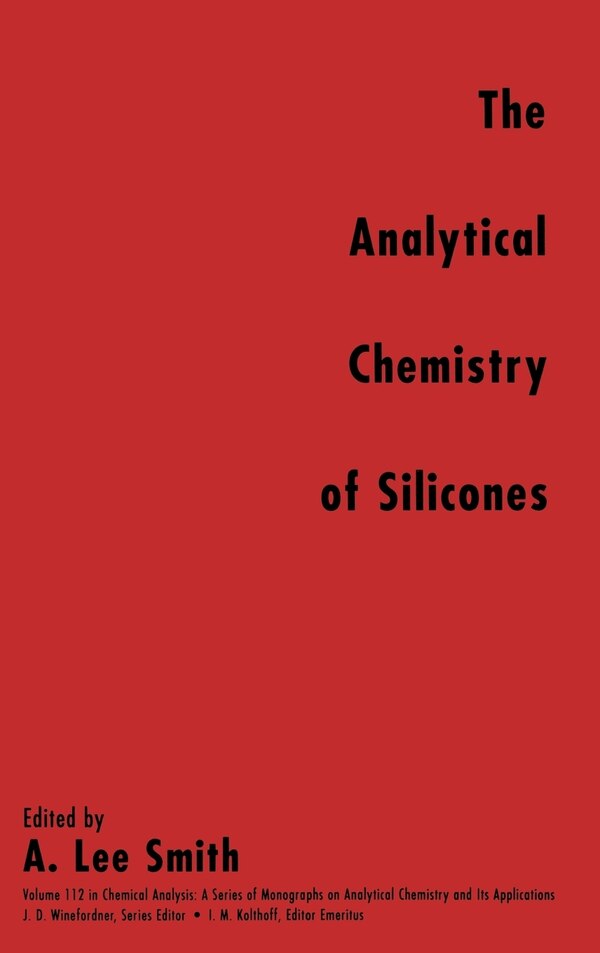
Compare Silane Coupling Agents by Edwin P Plueddemann, Hardcover | Indigo Chapters
Edwin P Plueddemann
$259.95
* It has been rumored that a bumble bee has such aerodynamic deficiencies that it should be incapable of flight. Fiberglass-reinforced polymer com posites, similarly, have two (apparently) insurmountable obstacles to per formance: 1) Water can hydrolyze any conceivable bond between organic and inorganic phase, and 2) Stresses across the interface during temperature cycling (resulting from a mismatch in thermal expansion coefficients) may exceed the strength of one of the phases. Organofunctional silanes are hybrid organic-inorganic compounds that are used as coupling agents across the organic-inorganic interface to help overcome these two obstacles to composite performance. One of their functions is to use the hydrolytic action of water under equilibrium condi tions to relieve thermally induced stresses across the interface. If equilib rium conditions can be maintained, the two problems act to cancel each other out. Coupling agents are defined primarily as materials that improve the practical adhesive bond of polymer to mineral. This may involve an increase in true adhesion, but it may also involve improved wetting, rheology, and other handling properties. The coupling agent may also modify the inter phase region to strengthen the organic and inorganic boundary layers. | Silane Coupling Agents by Edwin P Plueddemann, Hardcover | Indigo Chapters

